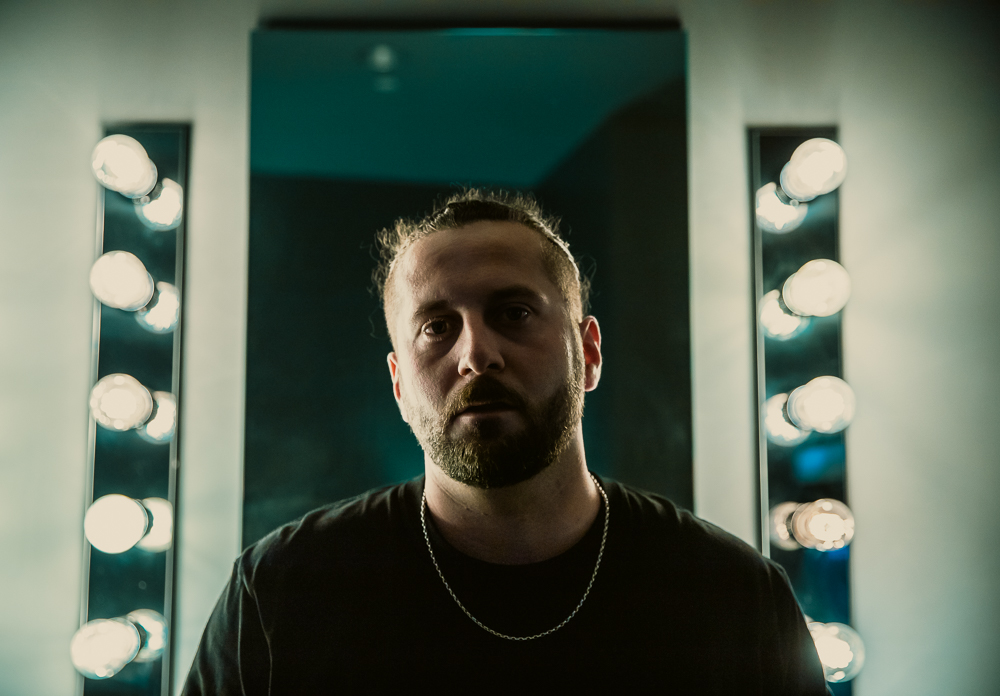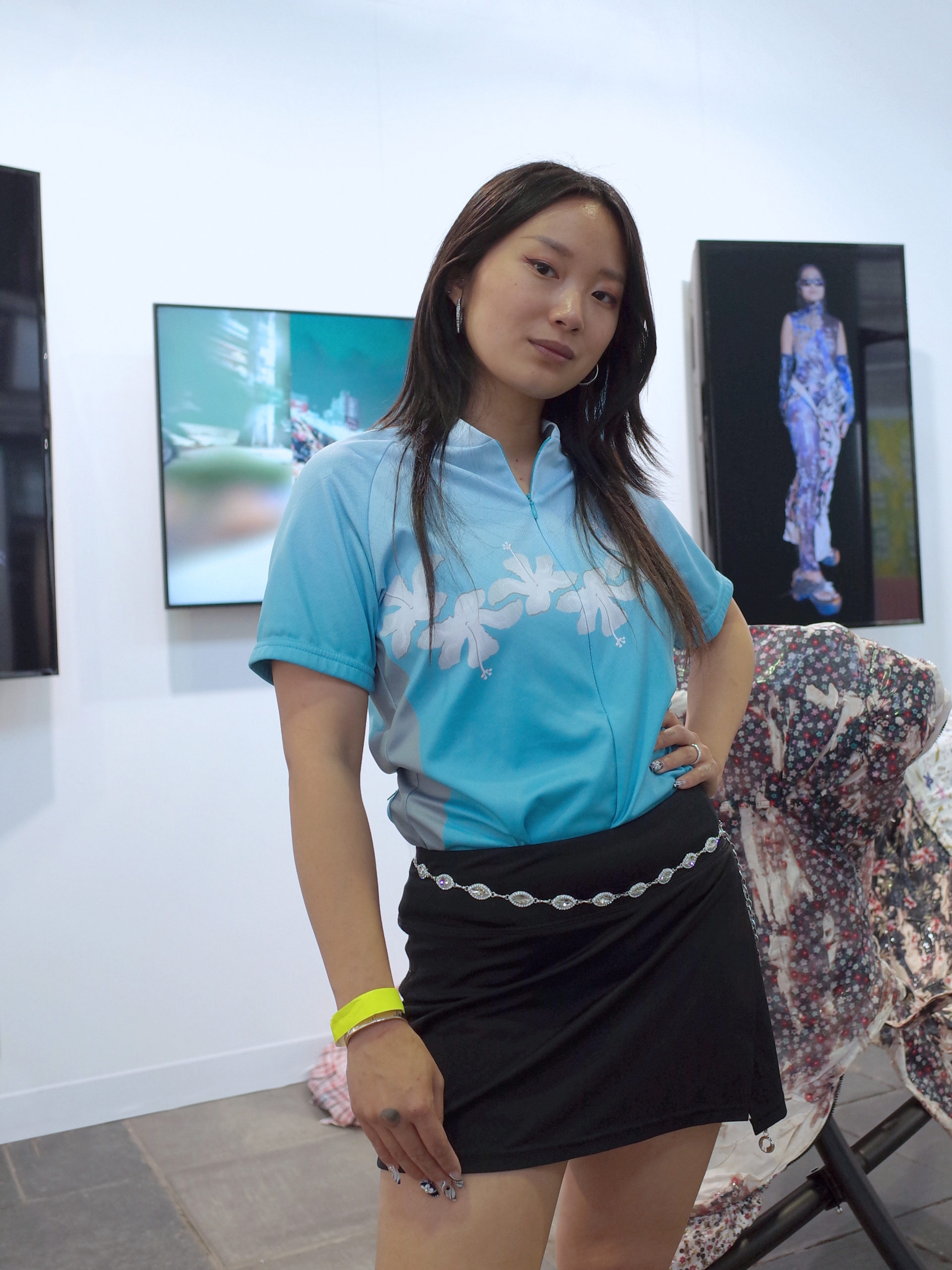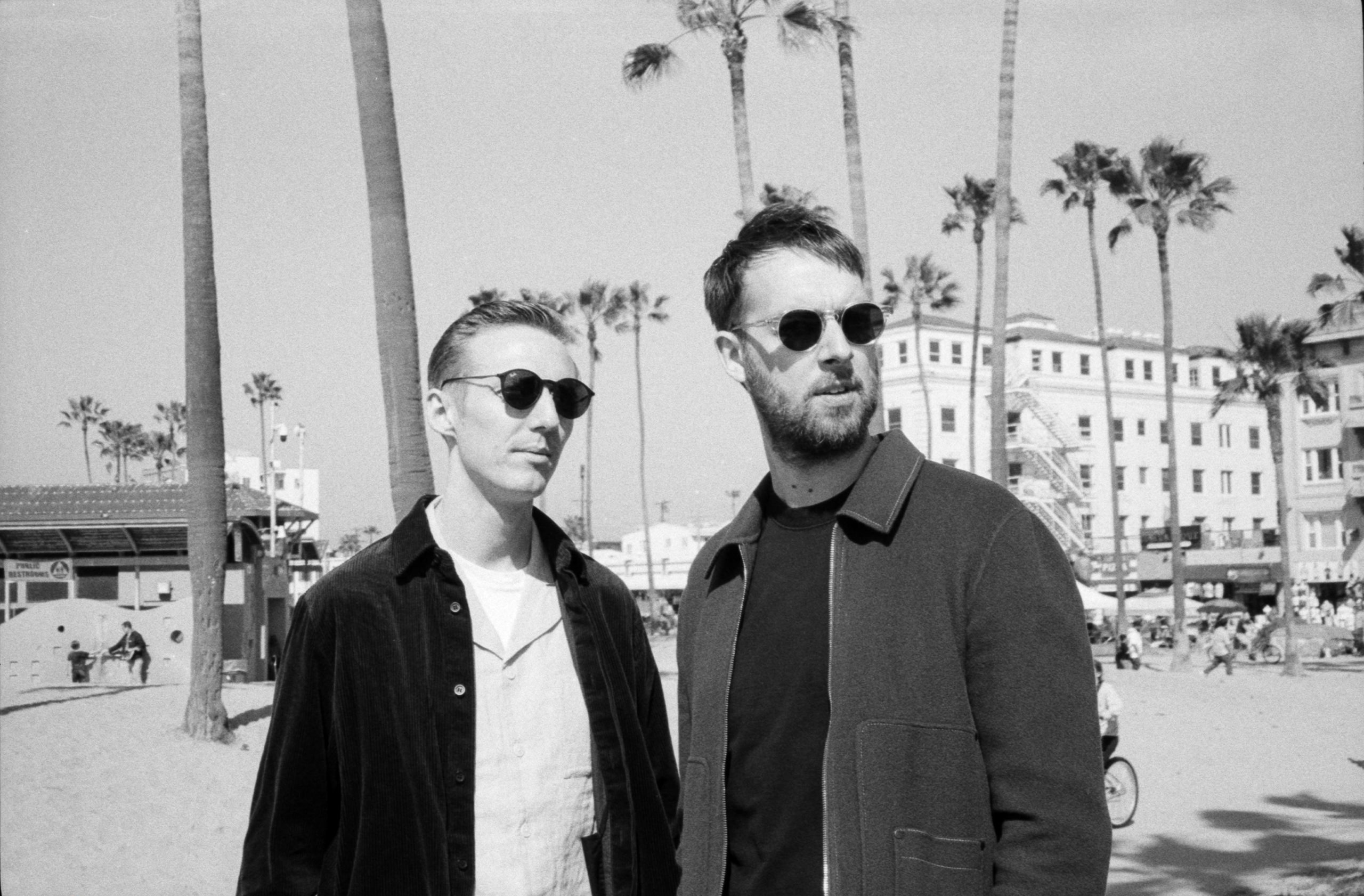Alexander Kotz, also known under his DJ/producer name Elderbrook, has quite a lot going on right now. He became a father in December of 2020 shortly after releasing his debut album Why Do We Shake In The Cold?, has just released his new EP, Innerlight, and finishing up his North America tour before going on to perform across more than 13 countries across Europe. We were lucky enough to sit down with him before his concert at The Novo Theatre in Los Angeles.
First of all, congratulations on having your first child!
Yeah, at the end of last year I had a little baby girl! I just dropped them off at the airport. They were with me for the first half of the tour.
I also wanted to congratulate you on releasing your new EP, Innerlight! What was the inspiration behind the EP? Has becoming a father influenced your art in any way?
It's hard to say because I had a child during COVID-19 so it's difficult to know what was different about my life because of having a kid and what was different because the whole world was shut down.
As for Innerlight, I think having a little baby girl definitely influenced the lyrics. For example, when I was writing my song “Domino”, I kind of saw it as a way for me to talk to her about these ideas of ‘just take a step back, don't worry about it, everything’s gonna be okay.’ Almost like I was teaching her a life lesson. But at the same time, it’s something that I often have to remind myself about. Having a little baby girl really made me want to talk about that and just gave me a lot of new perspectives and different kinds of things to write about because I'm not just writing about myself anymore. I want to write about my daughter.
Innerlight has some amazing features on it, including Louis The Child, Bob Moses and Emmitt Fenn. How did those come to be?
Well, because everyone was locked down I wasn't doing sessions with anyone so everything was being done online. So because it was online, you know, might as well work with people from America or people from… (laughs) I guess yeah, it was all American people! It just meant that everyone was more up for doing stuff online more so than before. But I mean, Zoom sessions aren't the most vibey so I really missed being in the room but you know, we're back!
What I really love about Innerlight is how you pair these highly emotive and moody melodies and deep lyricism with rhythms that would be impossible to listen to sitting still. What do you feel is the best way to listen to the album to the EP?
Me personally, I like to listen to music while I'm driving alone. It gives you a chance to bop around a bit and, you know, maybe no one's watching and you can just do whatever you want and it gives you a chance to properly listen as well.
"Just take a step back, don't worry about it, everything’s gonna be okay."

Elderbrook at The Novo in Los Angeles
Why Do We Shake in the Cold was one of my favorite albums to come out last year. It certainly had a more indie feel to it and thematically was rooted in human connection, whereas Innerlight is more electronic/dance and about the self. Was that juxtaposition intentional?
I guess it wasn't intentional, but because obviously, I was by myself (in lockdown) it made me want to explore that and explore what that means for me and what that does to me. And yeah, I guess that's what Innerlight ended up being. “Broken Mirror,” for example, was an extremely personal song to write because I’ve not found it easy to be that honest with my lyrics before. I've been honest but I really felt like I delved quite deep with that one.
"I'm not just writing about myself anymore. I want to write about my daughter."

Haley Killam Photography
What has it been like performing such a personal song to a live audience?
I really, really loved it. And I think every single time I play it live it really just takes me back to where I was when I was writing it and I kind of get that lump in my throat. But then, you know, there's that big release on the drop and it’s been going down really well. And everyone's been really kind to me (laughs).
It really is a great track. And I kind of love how it's the only track on the EP that is just you without a feature. What made you feel like you were at a point in your life where you were ready to write that song?
I actually wrote it with a writer called Cass Lowe. He was one that really forced me to kind of dig deep and write something personal. And personal to me, again, is not something that… I don't love talking about that (laughs). It’s very British of me! But yeah, he kind of pulled it out on me.
I absolutely love your live shows. You’re known for having amazing live performances. As a singer and a DJ, that’s a lot to be juggling on stage. What’s the most challenging part of performing, and what is your favorite part about being back in front of an audience?
I've gone through phases of different things being harder than others,. For example, singing is the thing that comes most naturally to me so I've been okay with that. But at the very beginning, I was very still on stage. I didn't want to do anything, I just wanted to focus on singing. Then eventually I got more comfortable and started doing weird and crazy dance moves.
I think I speak for everyone that’s seen you live that we love the dance moves.
Thank you! And also at the beginning, I found it hard to figure out what exactly I was going to do live because I did all the production myself and there are like 100 different things that I'm doing one by one when I'm layering in the studio. Figuring out how to do that live was difficult but hopefully, it’s all kind of coming together!

Haley Killam Photography
Interview by Haley Killam
You can listen to "Innerlight" here -

















You must be logged in to post a comment.